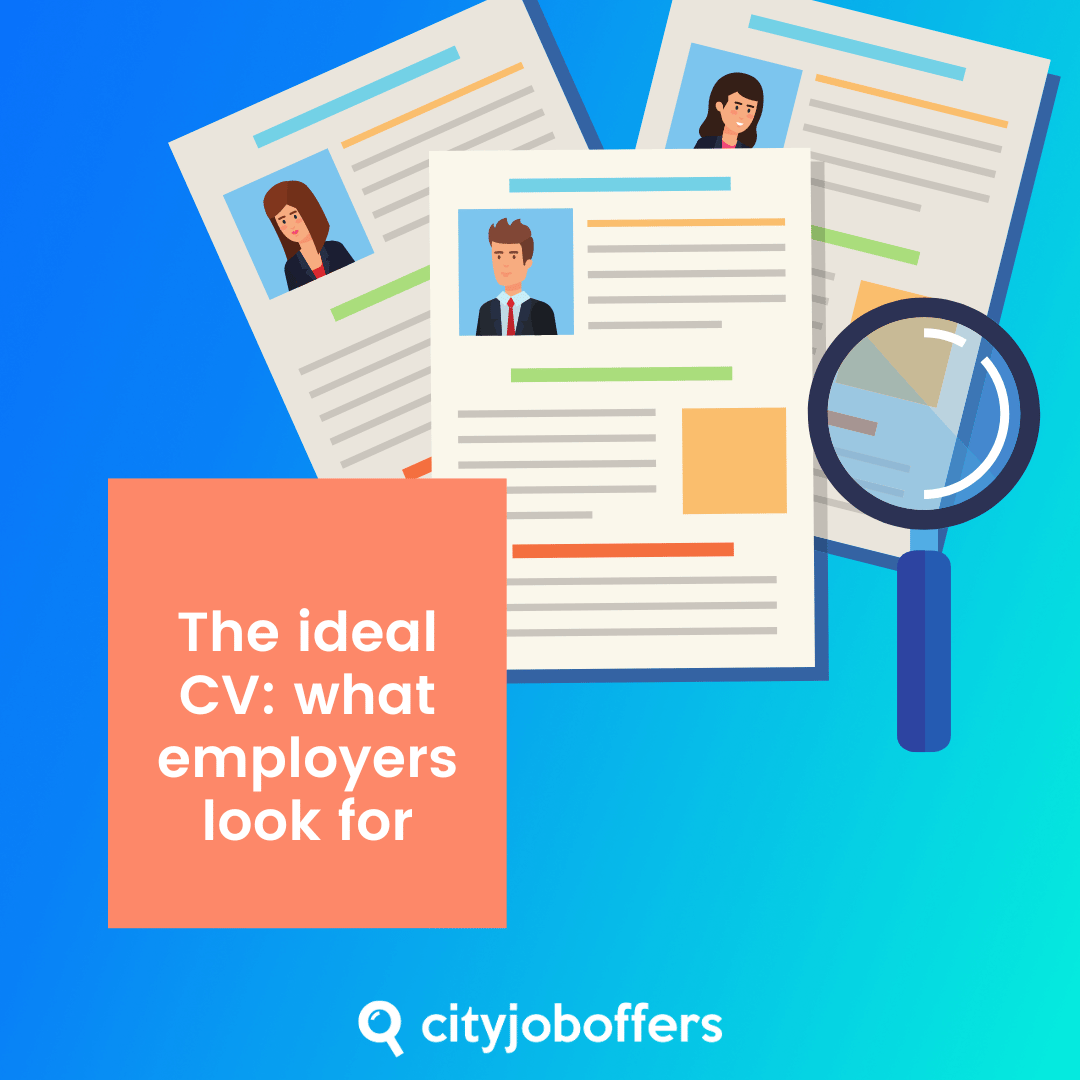
The 6 essential questions your CV should answer
Your CV is the first introduction to you as a potential employee that an employer will see. It’s your chance to sell yourself and convince them that you’re the right person for the role.
The content, font, layout, and tone of your CV are all important factors in making a positive initial impression.
Your CV should answer questions about you as an applicant. Why do you want this job? What are your unique skills? How relevant are your experiences?
With so much importance placed on this document, here are 6 things that every great CV should address:
1. What are your key skills and abilities?
Your CV should highlight the skills that are critical for the job. For example, if a position requires “proven ability to manage a team”, your CV could show that you have a proven track record of managing people. This way, you are making sure that your CV is mentioning the most relevant information.
You can also share skills that are not directly related to the job, but that are important in the industry. For example, if the job requires you to use computers but your CV does not show any computer skills, you can show them that you know how to use certain programs or software in another section of your CV.
2. What is your experience in this industry?
Your CV is your chance to describe the industries and jobs in which you’ve been employed. You should be specific and include information about your role, the type of company, and your responsibilities.
You can also include any relevant skills that you’ve acquired in these roles that could be applicable to the job you’re applying for.
This will help the employer understand the relevance of your experience. If your experience is connected to that industry, then having it on your CV will make you a more attractive candidate.
If you don’t have experience in the industry, it’s not the end of the world. You can still include the experience on your CV. Just make sure that it is relevant to the job and that you use it to show how it will make you a more valuable employee in the new role.
3. Are you an effective communicator?
Your CV can also show your ability to communicate. You can include details about your communication skills in various parts of your CV, such as during your education, in your employment history, and in a section about your interests.
Communication skills are crucial for many jobs, and they are often something that employers are interested in but do not always ask about.
Even just the tone you use in writing your CV and the way you phrase things will give recruiters an idea of your communication skills.
4. Are you a good cultural fit for the organization?
You can also show that you are a good cultural fit for the organization by including details that show your interests, skills, and personality. You can briefly highlight these aspects of your CV by including information about your extracurricular activities, hobbies, and interests.
You can also discuss any volunteer work that you have done. Employers are interested in these aspects because they want to know if you will fit into their organization. They want to know if you will be able to work with their current employees and if you will share their values.
5. Are there any red flags in your CV?
While it is important to focus on the positive aspects of your CV, you also want to be honest. This means that you need to be careful to avoid any red flags in your CV. Red flags are things in your CV that might make an employer question whether you are a good fit for the job.
For example, if you have an experience that doesn’t seem related to the job or if you have an education that doesn’t seem relevant, you might want to avoid including it in your CV or include an explanation of why they are relevant.
6. How to contact you
Finally, your CV should include your contact information. It’s best to include your contact information at the top of your CV, so it can be found quickly
If you choose to put it somewhere else, just make sure that’s visible and easy to find.
This will ensure that the employer has all the information they need to contact you. Your CV is your chance to sell yourself as a potential employee. So if they think you’re a potential candidate but they can’t even contact you, that’s a missed opportunity.
So make sure you put your email, phone number or both. Your address isn’t necessary, but you can mention the city or country where you currently live.
The job search process can be complicated but with an effective strategy, it can make it much simpler. Learn 5 key tips to create a job search plan that actually works. Read more here →


.png?width=352&name=OK%20(15).png)
